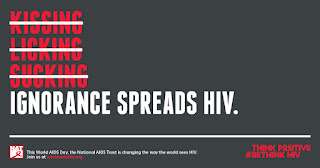Defining Sexual Consent on College Campuses – A Need for Change
If you ask 100 college students what the definition of sexual consent is, you may get 100 different answers. Some may tell you that it is the absence of a verbal “no”. Some may say that they “read between the lines” during vague conversations related to the topic and that if they don’t get a strong “No”, they move forcefully ahead. And yet others say they interpret body language and nonverbal indicators to make their sexual decisions. Any way you look at it, sexual consent seems to be very difficult for students to define and can be as confusing as an elaborate game of charades. There should not be any doubt in the mind of an individual who wishes to engage in sexual activity that the other person does or does not want to have sex. It’s not a guessing game. Yet students will tell you they find the definition of sexual consent to be much like finding Bigfoot, it can be elusive and unexplained. The hugely popular “No means No” campaign tried...







